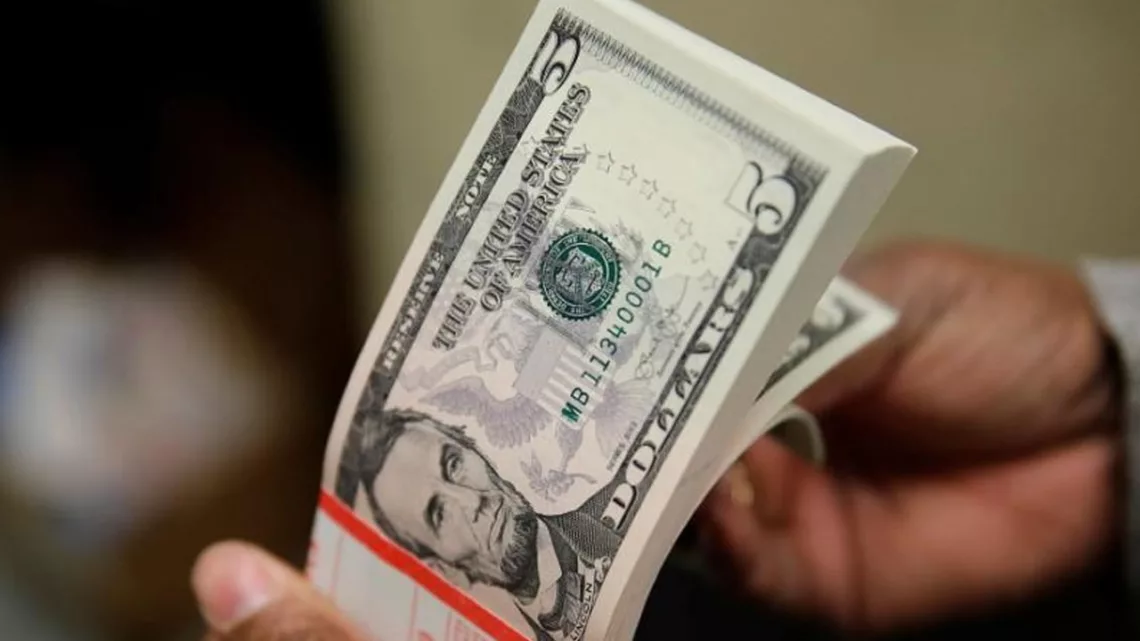The dollar has risen more than 100 percent to the naira since 2015 and seems poised to continue value addition against the naira. With the currency now selling for N610 in the parallel market, it is only a matter of time that a dollar will exchange for N1, 000. There needs to be coordinated effort by the fiscal and monetary authorities towards achieving an export-led industrial economy.
There was hope early in the life of this administration that the dollar/naira equation will move in favour of the naira down the line. The president was a tad optimistic when he declared that he was going to ensure naira/ dollar parity in no distant time. But five years down the line, the value of the naira is gravely eroded. The prevailing economic conditions suggest that the drop in naira value will continue and we will be lucky if the exchange rate does not jump to N1000 to a dollar by 2023.
While the CBN will continue its monetary control measures to maintain the value of the currency, the fiscal side is likely to lose focus owing to the 2023 elections where all attention will be shifted to politics and politicking to the neglect of the economy. As politicians are wont to do, there will be a flood of electoral naira, pushing up inflation and a concomitant effect on the exchange rate.
In this period of hard politicking and horse trading, the mandate of steering the economy to higher grounds is likely to get lost in the milieu. That mandate involves building the manufacturing base of the economy and an aggressive export policy. This is the surefire way to reverse the dollar demand that will work in favour of the naira to the effect of raising its value. We have made this argument severally and it remains our stand.
Beyond oil, government has to ramp up manufacturing and create a market for made in Nigeria goods and services. For external buyers of Nigerian products to get a hold of Nigerian products, which we assume would be of the highest quality, they must first of all go for a fistful of naira; it is this demand for the local currency that can cause a shift in the value of the naira; nothing more, nothing less.
A quick look at the export value of the economies with the strongest currencies should suffice. The United States exported $158.3 billion as of June 2020; the European Union had done €178 billion as of October of the same year while the United Kingdom’s exported goods totaled $324.2 billion during the first 10 months of 2020. Compare these to Nigeria’s miserly export of about $16.2 billion as of October 2020. The numbers more than obviates the need to ramp up manufactured exports. But this is a painstaking and medium to long term measure.
However, the fiscal authorities can set the tone by giving allocations to federating units in dollars. This can be a short-term game changer if it is not abused by the states. For them to use the allocations for any project, they must first convert them to naira; this creates an immediate and strong enough demand for the naira as to cause it to appreciate.
In other words, the current practice of CBN rationing dollar sale or ‘price setting’ via auction can only leave the naira within a band that it can appreciate or depreciate within that band but cannot significantly jerk up the naira value.
While we encourage the CBN to continue with its short-term measures, we urge the fiscal authorities to pursue long term measures that would require transforming the economy to an export based one. It is the only sustainable solution to the naira woes. It is the only way to stem a possible slide of the naira to one thousand naira to one dollar in the coming testy months.





